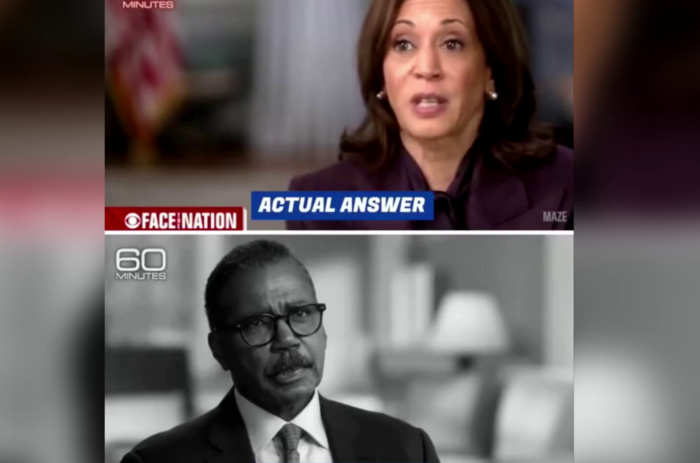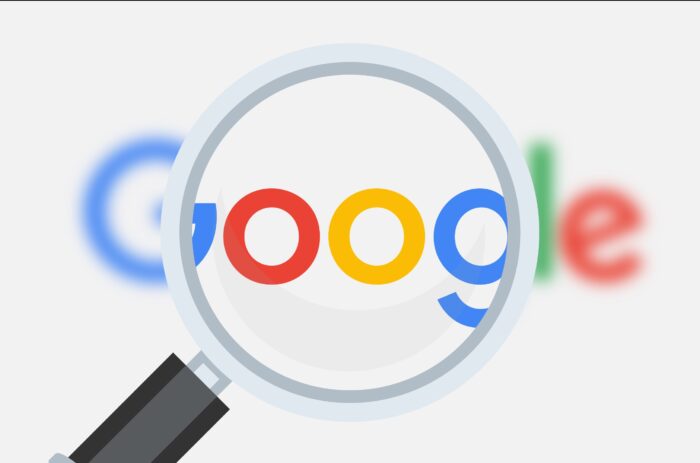redo Jump to...
print Print...
Directions
-Read the excerpt below from Lachlan Markay's November 29th report posted at Newsbusters.org.
-Read "Types of Media Bias" in the right column. Then answer the questions.
The New York Times has taken an admirable stand on the potentially criminal release of diplomatic cables by the online “whistleblowers” at WikiLeaks. Said one Times reporter: “The documents appear to have been acquired illegally and contain all manner of private information and statements that were never intended for the public eye, so they won’t be posted here.”
Oh, wait. That wasn’t in reference to the WikiLeaks documents. That was the Times’s…Andy Revkin discussing the so-called ClimateGate* emails. The Times has, in fact, posted a number of American diplomatic documents obtained illegally by WikiLeaks, and containing massive amounts of sensitive diplomatic communications. …
[Regarding WikiLeak], the Times wrote in its “Note to Readers” on Monday:Of course, most of these documents will be made public regardless of what The Times decides. … For The Times to ignore this material would be to deny its own readers the careful reporting and thoughtful analysis they expect when this kind of information becomes public. …..
Obviously the two cases – ClimateGate and WikiLeaks – are not identical. They involve different issues and players. But both involve high stakes and policies that are controversial and have tremendous implications for our way of life.
But in terms of the Times’s decision to publish documents obtained through the respective leaks, the two cases are perhaps as close to a perfect comparison as [can be]. In both cases, information became public that was obtained in potentially illegal ways, and in both cases leaked information was sensitive, candid, and meant to be seen only by the people with whom it was originally shared.
State Department legal advisor Harold Koh, [said] in a letter to WikiLeaks chief Julian Assange that “publication of the documents would be illegal,” according to the Associated Press:
In the letter, Koh said the publication of some 250,000 secret diplomatic cables by WikiLeaks … will “place at risk the lives of countless innocent individuals,” “place at risk on-going military operations,” and “place at risk on-going cooperation between countries.”
“They were provided in violation of U.S. law and without regard for the grave consequences of this action,” he said. Koh said WikiLeaks should not publish the documents, return them to the U.S. government and destroy any copies it may have in its possession or in computer databases.
… E-mails between some of the world’s top scientists – the ones writing research upon which not just American but global climate policy is based – were off limits, by the Times’s standards, because “the documents appear to have been acquired illegally.” …..
It doesn’t take a magnifying glass to see the epic double standard at work. The Times clearly has an ideological affinity with WikiLeaks that it does not have with climate skeptics…. That’s hardly news, of course, but then the paper is still claiming to be “objective,” so it remains necessary to point these things out. …..
*NOTE: “ClimateGate” began in November 2009 when thousands of emails and other documents from the British University of East Anglia’s (UEA) Climatic Research Unit (CRU) were made public–some of which indicated that climatologists manipulated data to support the widely held view that climate change is real, and is being largely caused by the actions of mankind. According to the British government, the emails and documents were illegally released after they were obtained through a hacking of the UEA’s computers. Within a few days the media had publicized allegations made by climate change sceptics and other observers that the emails revealed misconduct within the climate science [global warming] community.
Read the original post a newsbusters.org.
To accurately identify different types of bias, you should be aware of the issues of the day, and the liberal and conservative perspectives on each issue.
Types of Media Bias:Questions
1. Read a previous post on The NY Times ignoring the ClimateGate story at studentnewsdaily.com/biased-item/the-worlds-biggest-story-everywhere-but-here.
2. In his post on the New York Times, Mr. Markay asserts: “Obviously the two cases – ClimateGate and WikiLeaks – are not identical. … But both involve high stakes and policies that are controversial and have tremendous implications for our way of life. … It doesn’t take a magnifying glass to see the epic double standard at work. The Times clearly has an ideological affinity with WikiLeaks that it does not have with climate skeptics…. That’s hardly news, of course, but then the paper is still claiming to be “objective,” so it remains necessary to point these things out.”
a) Do you agree with Mr. Markay that the Times is displaying a double-standard?
b) Do you think the Times displays bias by story selection and omission? Explain your answer.
Scroll down to the bottom of the page for the answers.
Answers
2. a) and b) Opinion questions. Answers vary.



